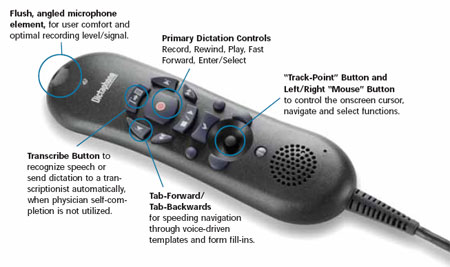- Joined
- Jan 26, 2008
- Messages
- 267
- Reaction score
- 88
Hi
I'm sure most FP docs deal with charting issues a lot but mine is taking over my life
I bring home 40-50 % of unfinished clinic notes every day and if I do not finish same night carries over the next day...2 such days in a row its a disaster on the weekends
so far I'm keeping up but by completely sacrificing my home life , get up super early and chart etc
problem is I get distracted too easily with patients jumping from one problem to another at clinic visits and staff interrupting me with questions and once I lose my train of thoughts very hard to complete the note while seeing the patients
Plus I try to tie up the loose ends of their chronic medical conditions as we have a very high no show noncompliance rate
long been diagnosed with ADD but I dont take meds as I'm afraid state license will be denied or will have to give a long winded explanation for it plus it raises my BP
please advise how I can find a balance , any suggestions are welcome
I'm sure most FP docs deal with charting issues a lot but mine is taking over my life
I bring home 40-50 % of unfinished clinic notes every day and if I do not finish same night carries over the next day...2 such days in a row its a disaster on the weekends
so far I'm keeping up but by completely sacrificing my home life , get up super early and chart etc
problem is I get distracted too easily with patients jumping from one problem to another at clinic visits and staff interrupting me with questions and once I lose my train of thoughts very hard to complete the note while seeing the patients
Plus I try to tie up the loose ends of their chronic medical conditions as we have a very high no show noncompliance rate
long been diagnosed with ADD but I dont take meds as I'm afraid state license will be denied or will have to give a long winded explanation for it plus it raises my BP
please advise how I can find a balance , any suggestions are welcome


